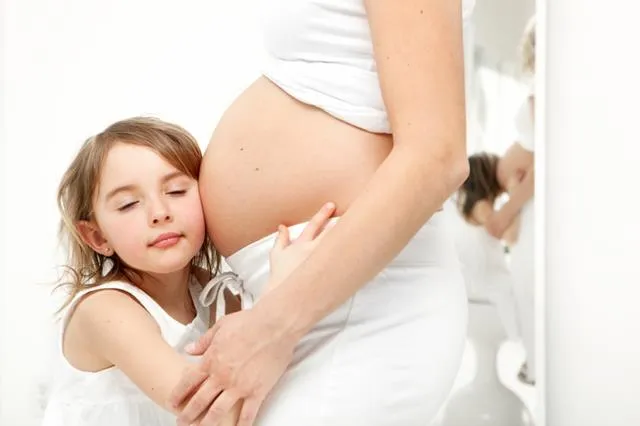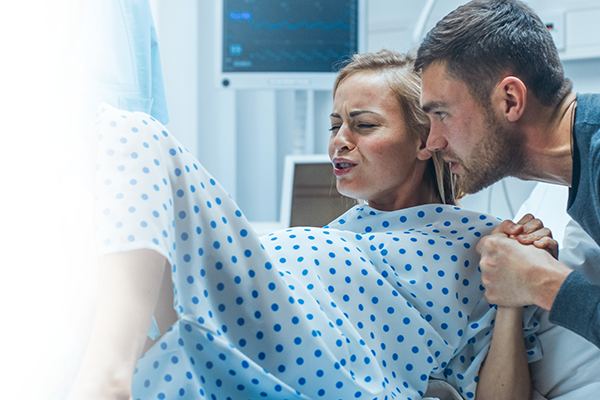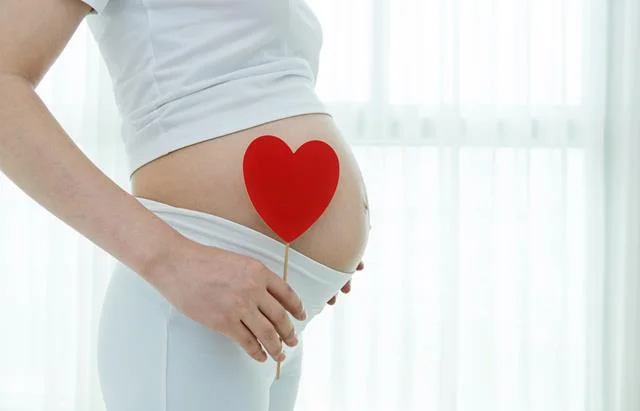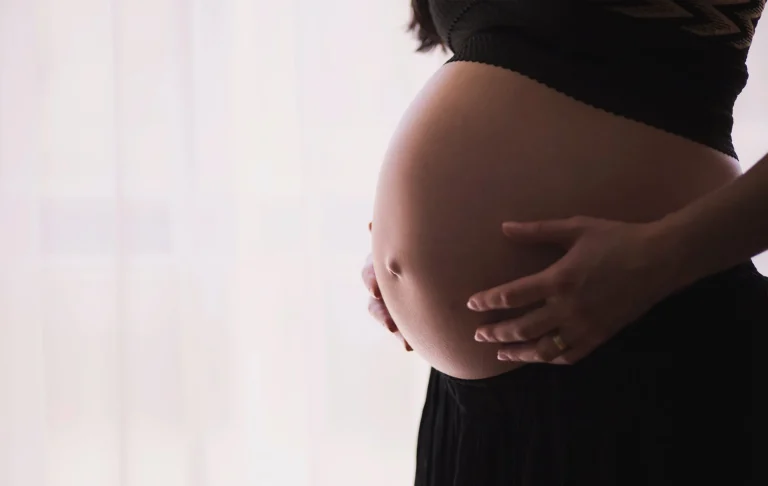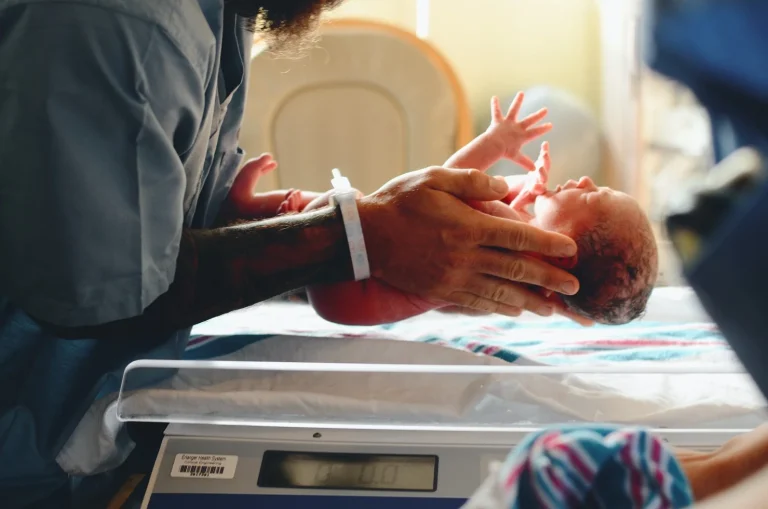The abdominal pain during pregnancy occurs at different stages. It is usually a physiological symptom that signals the growth and movement of the baby in the womb. However, if the abdominal pain during pregnancy occurs with cramps or bleeding, contact your doctor immediately.
Abdominal pain during pregnancy (especially pain in the abdomen during pregnancy) usually occurs at the beginning of pregnancy and accompanies the expectant mother until birth. Every pregnant woman anxiously watches her body and wonders what symptoms should be consulted with a specialist. So it is worth knowing when abdominal pain is physiological and what is the alarm.
Abdominal pain at the beginning of pregnancy like before the period
The type of abdominal pain during pregnancy depends largely on the month or trimester of pregnancy. Abdominal pain in early pregnancy is related to the implantation of the embryo in the uterus. The growing uterus stretches and begins to compress the internal organs. The stabbing abdominal pain during pregnancy and increased tenderness are natural. It happens that abdominal pain in the first weeks of pregnancy resembles menstrual pain, which is a natural phenomenon caused by hormonal changes resulting from fertilization. In addition, it should be remembered that abdominal cramps and pain in the first trimester may or may not be a harbinger of an impending miscarriage. This is especially likely if your abdomen hardens and you have bleeding or spotting, so you should see a specialist immediately.
Abdominal pain during pregnancy - 2 trimester
The abdominal pain that occurs during pregnancy in the 2nd trimester is related to the rapid development and growth of the baby and the stretching of the uterus. Therefore, a woman may experience severe abdominal pain and pulling in the groin. Around the 20th week of pregnancy, a woman begins to feel the baby's movements, which may also be associated with severe abdominal pain at first. Between the second and third trimesters of pregnancy, the risk of premature removal of the placenta also increases. This may be manifested by back and abdominal pain during pregnancy, as well as a feeling of skin tightness on the abdomen. In this case, contact your gynecologist immediately. Pain in the lower abdomen during pregnancy can also be caused by electrolyte deficiency. In this case, you should compensate for the lack of mineral salts and drink more fluids.
Lower abdominal pain during pregnancy in the 3rd trimester
Lower abdominal pain during pregnancy in the 3rd trimester can be caused by the preparation of the body for delivery. The third trimester of pregnancy is still an intense development of the baby. After the 20th week of pregnancy, the pregnant woman may develop so-called Braxton-Hicks cramps. They serve to prepare the woman for the upcoming birth. These contractions are noticeable but painless; the uterus hardens during the contractions and returns to normal when they stop. The onset of these contractions may be accompanied by low back pain and discomfort, and they may tease the woman quite regularly for several hours and then suddenly disappear. After the 36th week of pregnancy, predictive cramps occur, characterized by hardening of the abdomen and increased pain. Such severe, stabbing abdominal pains during pregnancy can interfere with normal functioning, and the closer you get to delivery, the more frequent and severe they become. They are also characterized by irregularity. Abdominal pain can also be particularly troublesome with increased exertion or when carrying weights.
Abdominal pain on the right side of pregnancy, what does it mean?
The pain in the abdomen on the right side of pregnancy may not always be due to the development of the baby in the womb. The non-pregnancy causes of abdominal pain are:
- Ectopic pregnancy
- Intestinal obstruction
- Appendicitis
- Preeclampsia
- Urinary tract infections
- Kidney stones
- Food poisoning
- Stomach flu
Abdominal pain, pregnancy
Any troublesome abdominal pain in the first and subsequent weeks of pregnancy is worth seeing a specialist for, but there are a few special cases where you should respond immediately. If the pain is accompanied by spotting or bleeding, it may be a sign of miscarriage, placental abruption or premature birth. If the pain is systolic, occurs regularly, and in addition, the abdomen begins to harden during the pain, this may signal the onset of labor. On the other hand, if the patient suffers from diarrhea, vomiting or fever in addition to the abdominal pain, this may indicate food poisoning, for example. This condition requires rapid intervention, as a pregnant woman is exposed to rapid dehydration, which is hazardous to her and her baby's health. It should be emphasized that a pregnant woman should not take diastolic medications or other preparations for pain relief without consultation and explicit recommendation of the physician managing the pregnancy.



